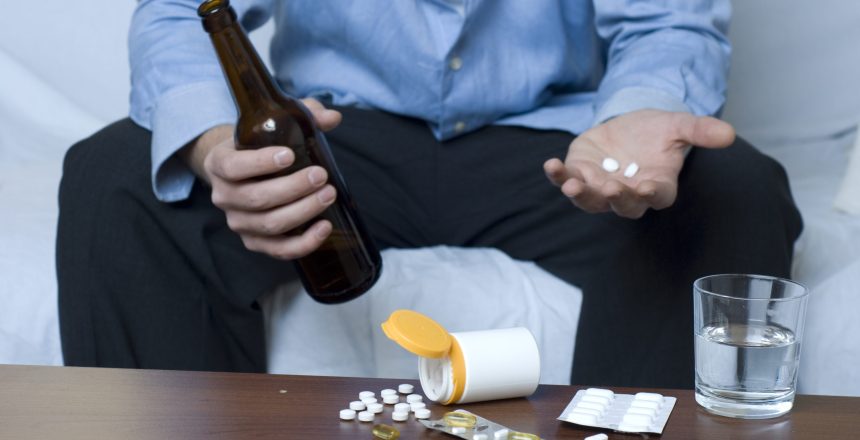Relapse is an all too common occurrence for many addicts recovering from addiction. There is no way to predict who will experience relapse, but several signs and symptoms may indicate that you or a loved one could be in the early stages of a drug relapse.
What is a Drug Relapse?
A drug relapse is generally thought of as a single occurrence but, in actuality, is a process. Unlike a car accident or broken bone, relapse is not a moment in time. Several studies indicate that relapse is a process that occurs in several stages. Relapsing is more than reverting to former habits of drug or alcohol use.
When a loved one relapses, they will do so in stages. Often, each stage has signs or indications that are visible to family and friends. Understanding the stages of drug relapse, including emotional, mental, and physical relapse, can help you encourage a loved one to seek the help they need to stop the relapse process as early as possible. Staring rehab early in the detox process may help reduce the chances of experiencing a total relapse.
What are the Signs of Drug Relapse?
If you have a loved one in recovery from drug addiction, there are several relapse signs you can look for. Some of these signs will be outwardly visible, but others may be difficult to notice or see. It is not uncommon for someone experiencing relapse to hide or keep secret any indications that relapse is occurring-especially from family and loved ones. Although, like addiction, the signs of relapse may differ from person to person, some common things you can look for include:
- Stealing money or asking to borrow money
- Notable changes to physical appearance (including hygiene, clothing, and personal care)
- Denial or defensiveness when asked about substance use
- Engaging in compulsive behaviors
- Understanding the harm of or glorifying the memory of their “old habits”
- Acting impulsively
- Spending time with former peers and social circles
- Sudden (sometimes aggressive) mood changes
- Skipping therapy sessions or peer support meetings
- New or worsening medical and mental health symptoms
- Presence of drug paraphernalia or other substances
Why Do People Relapse?
Relapse is (unfortunately) a common struggle for those in recovery from addiction. In fact, addiction has similar relapse rates to many chronic medical health conditions such as hypertension and diabetes. Despite completing an addiction treatment program and achieving sobriety, many people will continue to struggle with the physical and functional challenges caused by addiction—as many as 60% of those who complete an addiction treatment program experience at least one relapse.
Because ongoing drug or alcohol use will lead to neurological and functional changes in the brain, a newly recovered may continue to experience challenges when faced with triggers or make safe decisions that do not involve substance use when faced with daily stressors or trauma.
In addition to changes in the brain, other issues and challenges can lead to relapse as well. Common examples include emotional struggles, mental health issues, inadequate coping skills, and lack of motivation to stay sober. Because these physical and psychological struggles persist after treatment ends, relapse remains a genuine concern. Long-term care and aftercare programs are vital to maintaining lasting sobriety. Fortunately, highly skilled and professional treatment programs focus on relapse prevention skills and programs.
How to Prevent Relapses
The best way for you or a loved one to avoid relapse is to ensure you work closely with members of your treatment team to develop and practice relapse prevention and coping skills. Our treatment professionals at Liberty House will work with you to develop a comprehensive treatment program focused on helping you heal physically, emotionally, and spiritually. A treatment program tailored to your specific needs will help you develop the tools you need to manage the relapse triggers that will inevitably impact you after treatment.
There are many potential risk factors for relapse. The most common causes of relapse include daily interactions and obligations that are unavoidable as part of your day-to-day life. For this reason, a well-planned relapse prevention plan can help you identify and understand the circumstances (people, places, or events) that may be triggering. Relapse prevention education will also teach you healthy and effective ways to manage those triggers without using drugs or alcohol. Overcoming drug or alcohol addiction is a journey. Let the team at Liberty House help you get started on your path to freedom from drug or alcohol addiction. If you have completed treatment and are worried about relapse or have experienced a relapse. Contact us today to learn more about getting back into treatment and getting back on the right track.


